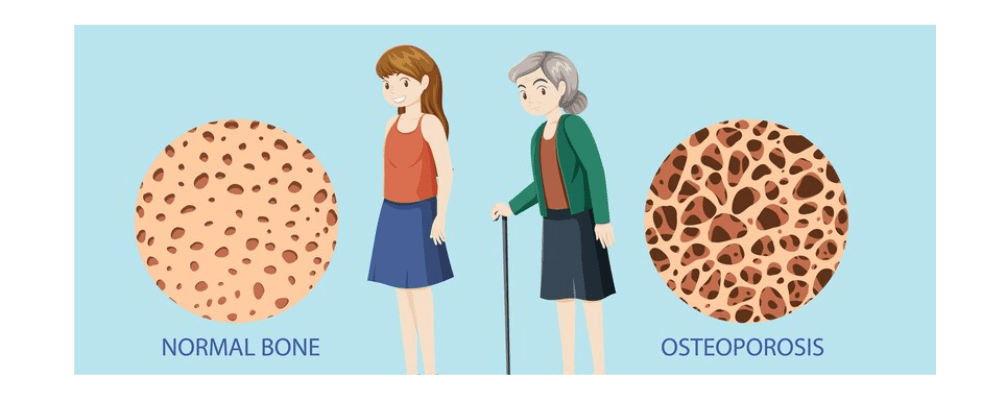Over an extended period, scientists have researched the advantages of both sugar and jaggery, concluding that jaggery, when consumed in moderation, is considered a healthier alternative to sugar. We're here to share the scientific benefits of opting for jaggery over sugar, helping you develop a healthier lifestyle for better living.
How Jaggery Enhances Your Health
1. Lower Glycemic Index (GI)
Jaggery has a lower glycemic index compared to sugar. The GI measures how quickly a carbohydrate-containing food raises blood glucose levels. Foods with a lower GI are associated with a slower, more gradual increase in blood sugar. This can be advantageous for people looking to manage blood sugar levels, as it may help prevent sudden spikes and crashes in glucose levels.
2. Rich in Nutrients
Jaggery is more nutritionally dense than refined sugar. It contains minerals such as iron, potassium, magnesium, and various B vitamins, whereas sugar is primarily composed of empty calories with no essential nutrients. These nutrients in jaggery can have a positive impact on overall health and well-being.
Unlocking Jaggery's Nutritional Profile
Jaggery stands out as an exceptional sweetener, offering a multitude of health benefits. Just 20 grams of this natural delight contains 38 calories and is packed with essential nutrients, including carbohydrates, protein, folate, calcium, iron, phosphorus, magnesium, etc.
A noteworthy feature of jaggery is its complete absence of any fat content, making it a guilt-free addition to your diet.
Nutrient |
Amount per 100 grams |
| Calories | 383 |
| Carbohydrates | 97 grams |
| Calcium | 85 mg |
| Phosphorus | 20 mg |
| Iron | 11 mg |
| Protein | 0.4 grams |
| Fiber | 0.6 grams |
| Fat | 0.1 grams |
3. Antioxidants
Jaggery contains antioxidants, such as phytochemicals, which can help combat oxidative stress and reduce damage from free radicals in the body. Antioxidants play a crucial role in reducing the risk of chronic diseases.
4. Digestive Health
Jaggery has digestive properties. It can stimulate the digestive enzymes and help in better digestion. This effect is attributed to the presence of certain bioactive compounds and minerals in jaggery.
5. Recover Anemia
Jaggery is iron-rich and can help combat anemia by increasing hemoglobin levels. Its natural sweetness encourages iron absorption and supports the body's fight against this condition.
6. Cough and Cold Relief
In traditional medicine, jaggery is sometimes used to relieve coughs and colds. It is believed to have soothing and antimicrobial properties, though scientific evidence is limited.
7. Helps in Menstrual Pain
Jaggery can ease menstrual pain due to its iron content, which supports hemoglobin production and helps regulate blood flow, potentially reducing cramps and discomfort during menstruation.8. Relieves Joint Pain
Jaggery's natural properties, rich in magnesium, may help alleviate joint pain by reducing inflammation and providing relief. It's crucial to seek personalized guidance from a healthcare professional.
9. Detox The Liver And Blood
Jaggery can aid in liver and blood detoxification due to its antioxidants and iron content. It supports liver function, removes toxins, and improves blood circulation when consumed moderately.
Easiest Ways To Embrace Jaggery In Your Daily Diet
How you can include this magical natural food in your daily diet? Here are simple ways:
1. Jaggery in Warm Water
Add a pinch of jaggery powder to your warm water. A sweet and pleasant taste that not only aids in bile movement but also helps regulate acidity.
2. Tea and Coffee Sweetener
Instead of regular sugar, you can add jaggery to sweeten your morning tea or coffee. It lends a unique flavor to your daily brew.
3. Smoothies, Shakes, And Other Drinks
Add jaggery to your fruit smoothies or milkshakes for a natural and healthy sweet kick. It pairs wonderfully with flavors like banana, mango, or coconut.
4. Jaggery in Oatmeal
Crumble or grate a small amount of jaggery over your morning oatmeal or porridge for a natural and wholesome sweetener.
5. Traditional Indian Desserts
You can incorporate jaggery in traditional Indian sweets like "gulab jamun," "payasam," or "ladoo" to stay true to authentic recipes while enjoying its unique taste.
6. Jaggery in Baking
Give your baking recipes, such as cookies, cakes, and muffins a delightful caramel-like flavour by adding jaggery instead of refined sugar.
While jaggery offers certain advantages over refined sugar, it's important to emphasize moderation in consumption due to its calorie content. People with diabetes should still monitor their carbohydrate intake and consult with a healthcare professional or dietician to determine the best sweetener choices for their specific needs.
Q.1. Have you ever savored the combination of tea and jaggery?
Q.2. What's your top guidance for your loved ones when it comes to incorporating jaggery into their diet for better health?
Please, feel free to enlighten us with answers to the above shared queries or any additional insights you may possess about this remarkable sweetener because your opinion matters…












